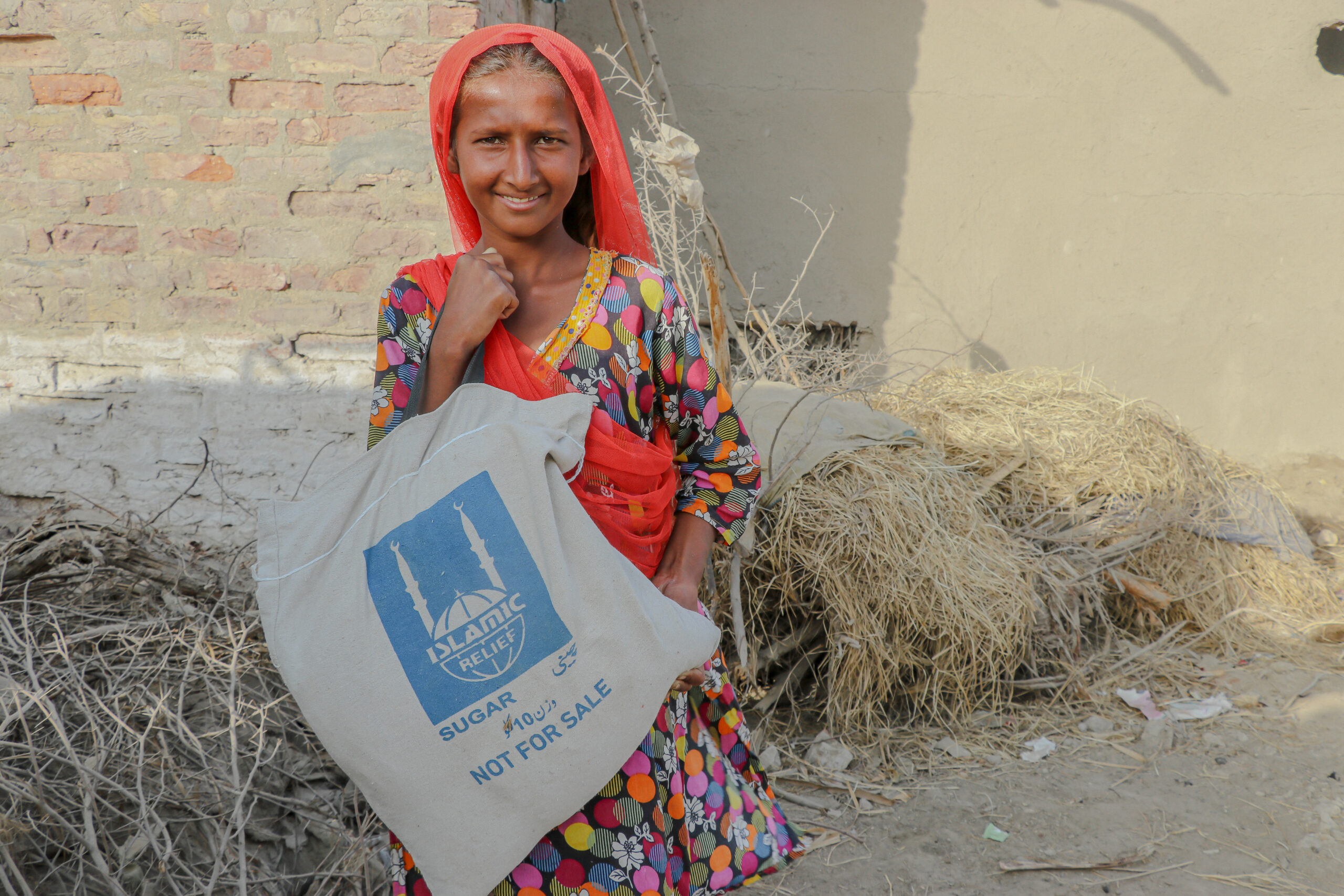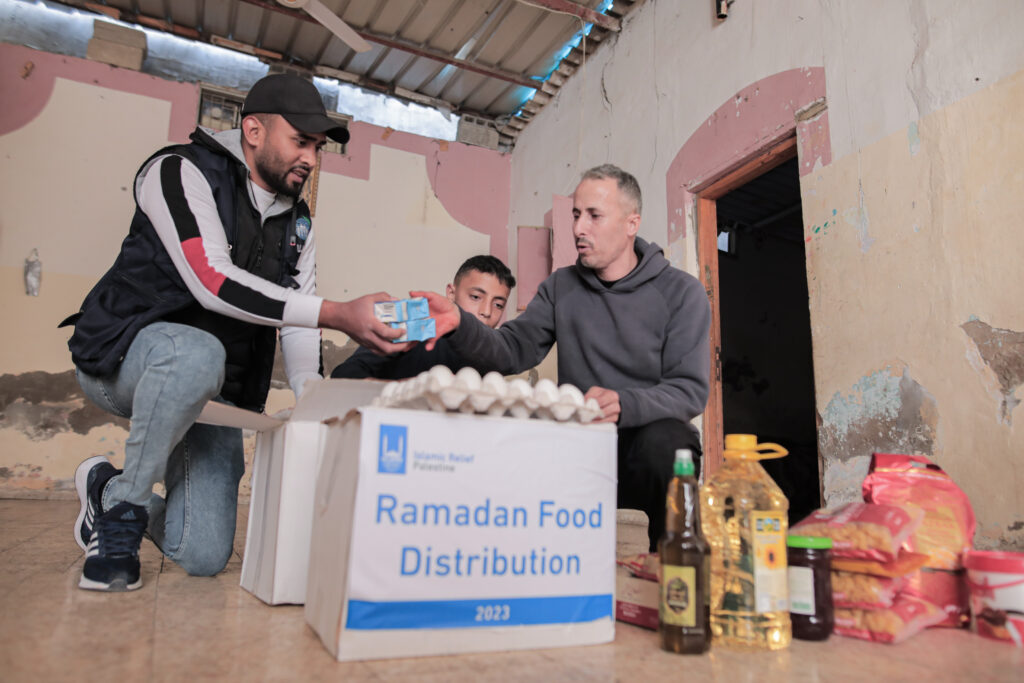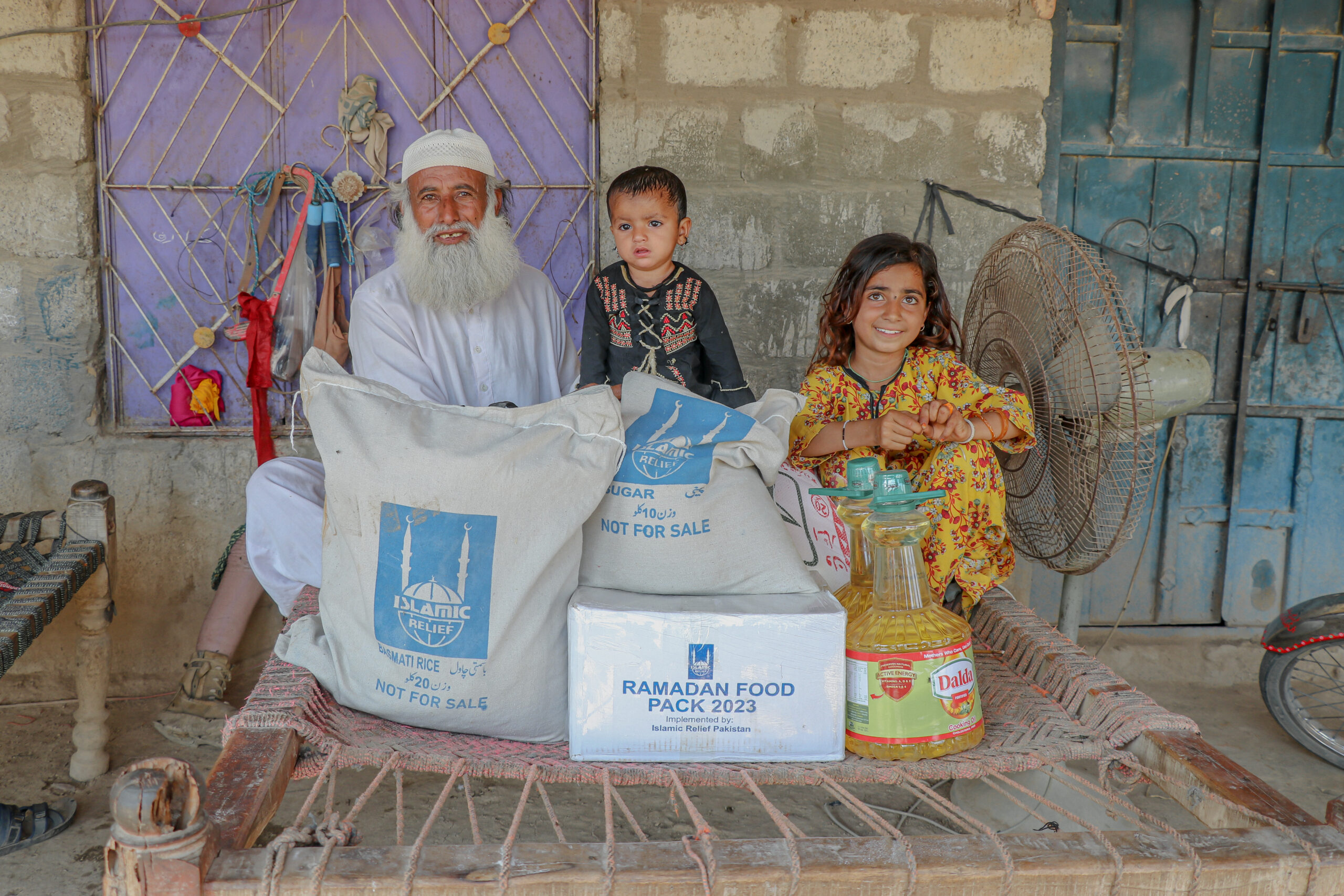
04.16.23
What should I do if I’ve missed fasts? A Guide to Fidya and Kaffarah
Fasting during the holy month of Ramadan is one of the Five Pillars of Islam. During Ramadan, every healthy adult Muslim is required to fast each day from dawn to dusk for the whole month. However, there are circumstances in which individuals do not fast, both for and without a valid reason.
In such cases, Fidya (Fidyah) or Kaffarah may be required to make up for the missed fasts. But what exactly are Fidya and Kaffarah? How do you know which one you need to fulfil when you’ve missed your fast?
What is Fidya?
Fidya is a payment that can be made by Muslims who are unable to fast due to a valid reason. This includes conditions that take a toll on the body, such as illness, menses, old age and pregnancy. People who are travelling may also be exempt from fasting during Ramadan if they travel for an extended period of time at a distance of approximately more than 80 km from the border of their home city.
One such verse from the Qur’an also highlights these categories, as well as how they can make up for these missed days.
“[Fasting for] a limited number of days. So whoever among you is ill or on a journey [during them] – then an equal number of days [are to be made up]. And upon those who are able [to fast, but with hardship] – a ransom [as substitute] of feeding a poor person [each day]. And whoever volunteers excess – it is better for him. But to fast is best for you, if you only knew.”
Al-Baqarah, 2:184
Within this verse, Allah (SWT) says for Muslims with a valid reason not to fast are told to make up for each day they missed by fasting outside of Ramadan. If they are unable to make up the fast indefinitely (such as due to ongoing illness), they can pay compensation instead. This is Fidya.
How much is Fidya?
Fidya is a payment that provides food for a person in need for each day of missed fast. This is calculated based on the cost of feeding one poor person, which can vary each year depending on global economic conditions, inflation, exchange rates and the average cost of a meal in different countries. For example, in Australia, according to the Australian National Imams Council (ANIC) in 2023, the amount for Fidya is $17 AUD.
After knowing what the Fidya amount is, the appropriate amount you owe can be calculated. First, determine the number of days you were unable to fast during Ramadan. Then multiply this number by the Fidya amount.
It is important to note that Fidya is meant to be paid by those who are unable to fast due to a valid reason and is unlikely to be able to make it up in the future. It is not a substitute for fasting, as it is better for one to fast to make it up once they are able to do so. If someone misses a fast intentionally or without a valid reason during Ramadan, then they would have to pay Kaffarah.
What is Kaffarah?
Kaffarah is a penalty paid by Muslims who intentionally break their fast during Ramadan without a valid reason.
To make up an intentionally broken fast, each individual must fast for two lunar months continuously (around 60 days) outside of Ramadan for every day missed. For example, this means that if a Muslim intentionally missed 3 days of fasting they must fast for 180 days straight to make it up. In turn, if they miss even one day of fast during this time, they must restart fasting from the beginning.
Muslims who cannot handle the toll of fasting for this many days then must pay Kaffarah. Similar to Fidya, it is calculated based on the cost of feeding a needy person one meal for each day of missed fast, except multiplied by 60. Kaffarah for 2023 in Australia is also the same amount as Fidya, which is $17 AUD. Likewise, your Kaffarah amount for this year will be this number times by 60 multiplied by the number of fasting days of Ramadan you intentionally missed.
Where to Make Fidya and Kaffarah Payments
Once the appropriate amount of Fidya or Kaffarah has been calculated, individuals can make the payment. It is also recommended to make the payment as soon as possible after Ramadan has ended and ensures that it reaches people in need as soon as possible.

When you give Fidya and Kaffarah with Islamic Relief, your donation helps support millions of people in need in over 40 countries. Our teams are on the ground in countries like Jordan, Syria, Palestine, Pakistan and Bangladesh, delivering life-saving emergency aid and long-term solutions that grant even the most devastated communities hope for a brighter future.
In conclusion, as Muslims, we should be aware of Fidya and Kaffarah and learn when to make these payments if we’ve missed fasts during Ramadan. If we are unable to make up the fast and we have to pay either Fidya or Kaffarah, it is important we make them with good intentions and sincerity, ensuring that their payment delivers aid to those most in need in our Ummah.
Your Fidya, Their Amanah
Don’t let your inability to fast during Ramadan stop you from making the most of this blessed month. See your support save lives by connecting your generosity with Islamic Relief.

